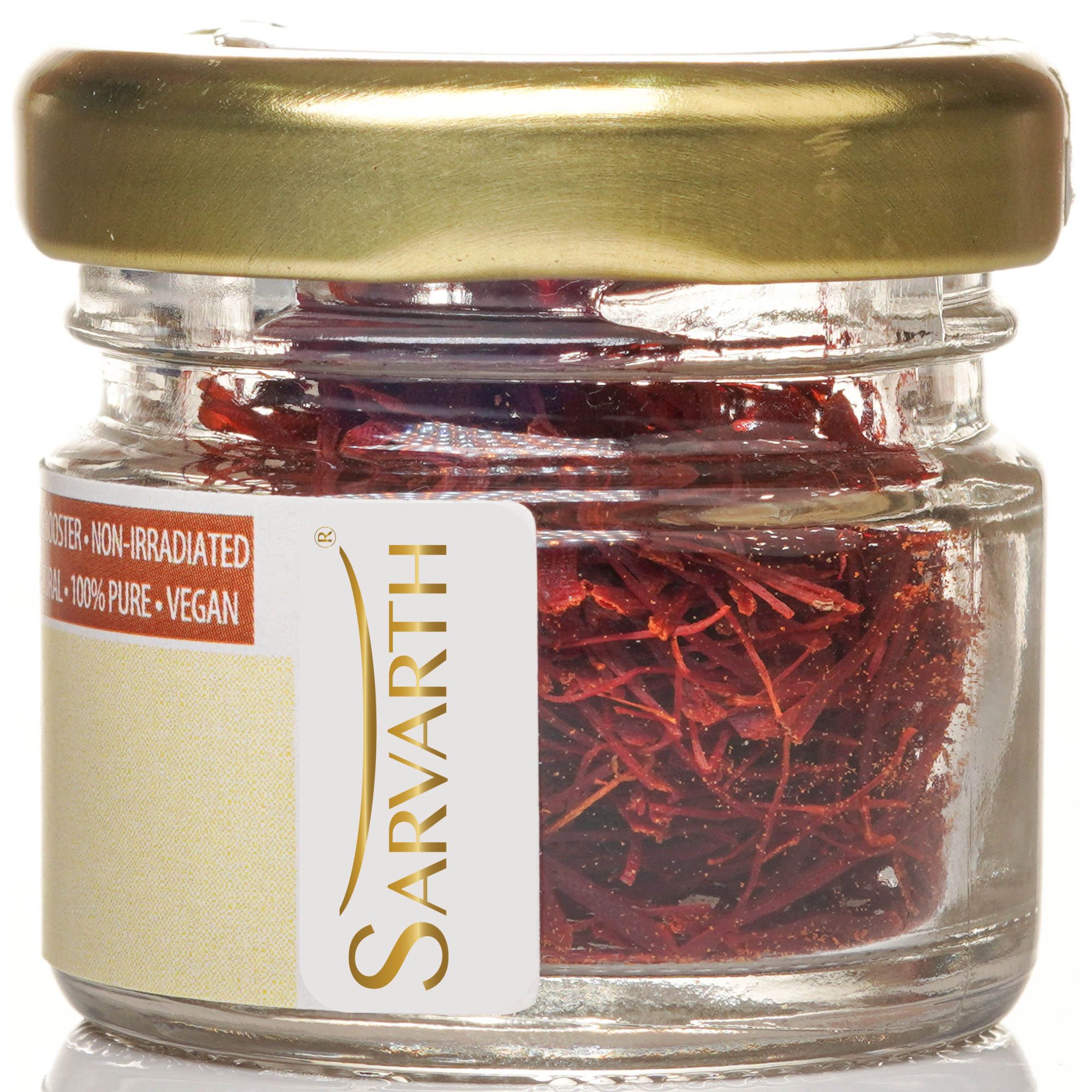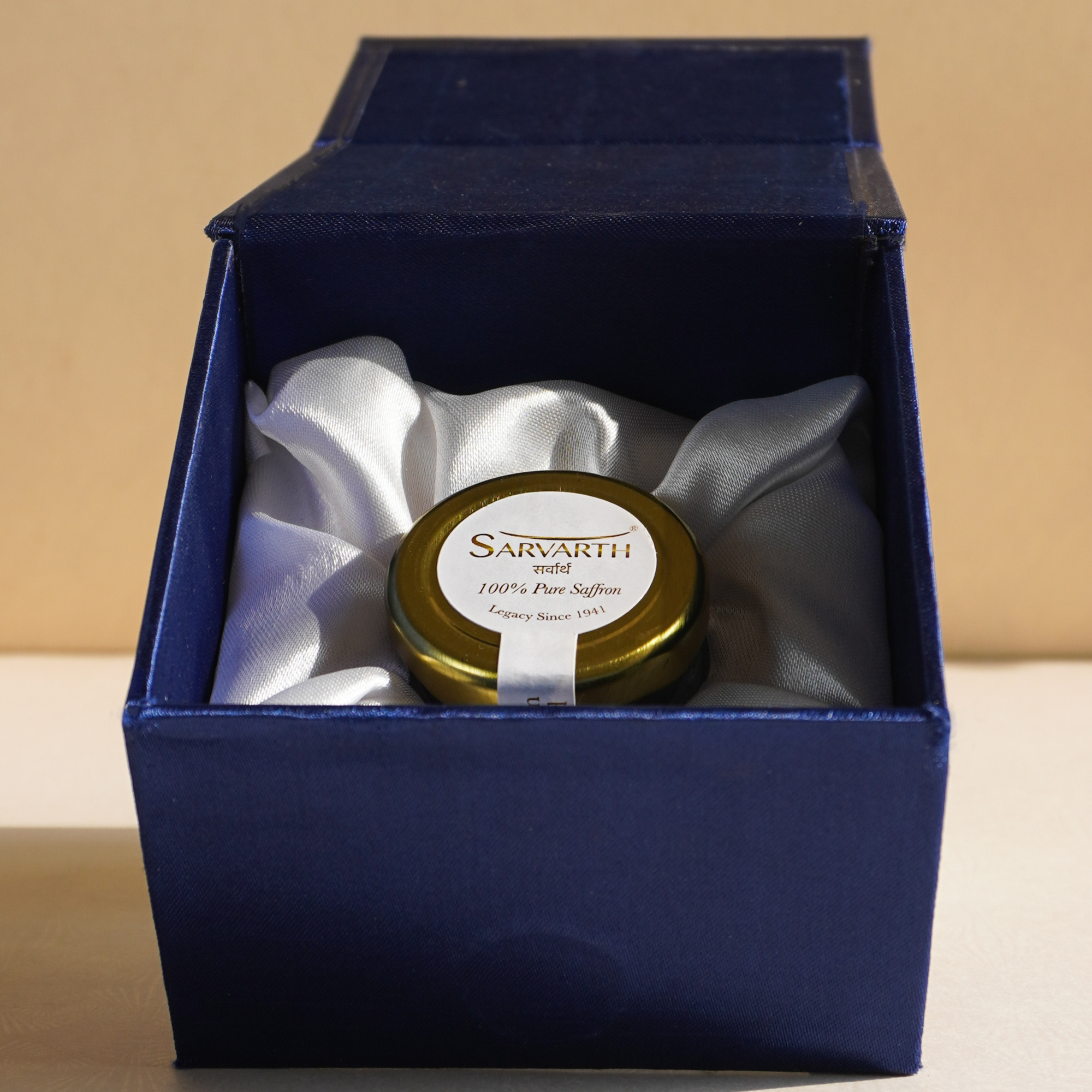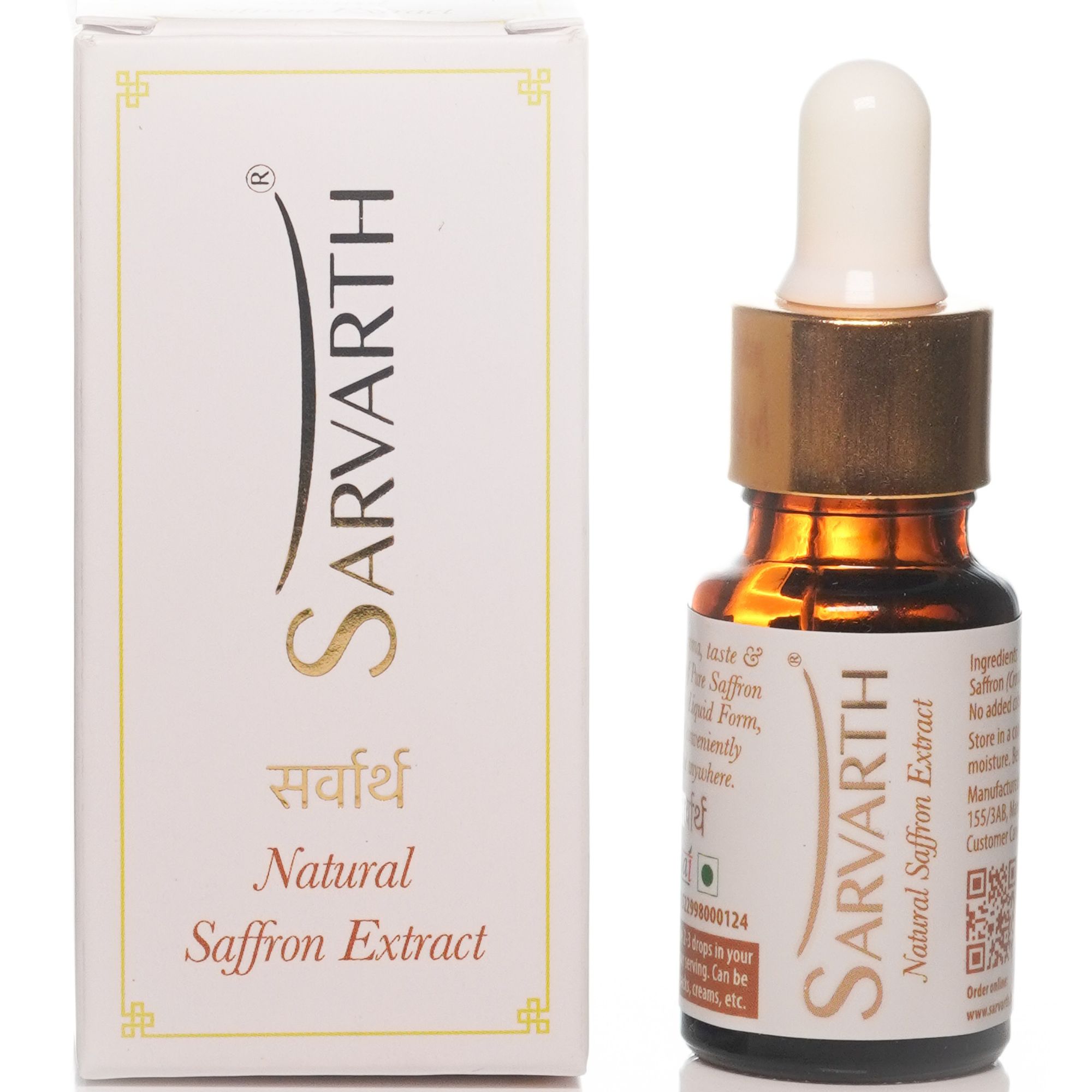Health Benefits of Saffron
Saffron, often referred to as the “golden spice,” is renowned not only for its unique flavor and vibrant color but also for its numerous health benefits. Saffron is derived from the flower of Crocus sativus, which is commonly known as the saffron crocus. Each flower produces only three red stigmas, which are hand-harvested and dried to make saffron. This labor-intensive process makes saffron one of the most expensive spices in the world. Despite its high cost, saffron has been used for centuries in traditional medicine and modern science is beginning to uncover its many health benefits.
1. Rich Source of Antioxidants
Saffron is packed with antioxidants, which play a crucial role in protecting your cells from oxidative stress and damage caused by free radicals. The primary antioxidants in saffron include:
– Crocetin: Helps reduce inflammation and has been shown to have anti-cancer properties.
– Crocins: Responsible for saffron’s bright red color, these compounds have antidepressant properties and improve memory.
– Safranal: Contributes to saffron’s distinct aroma and has been found to enhance mood and protect brain cells from damage.
– Kaempferol: Found in saffron flower petals, this compound has anti-inflammatory, anti-cancer, and antidepressant effects.
2. Mood and Mental Health
One of the most well-documented benefits of saffron is its positive effect on mood and mental health. Saffron has been used traditionally to treat depression, and modern research supports these claims.
3. Antidepressant Properties
Several studies have shown that saffron is as effective as some conventional antidepressants in treating mild to moderate depression. Saffron’s antidepressant effects are attributed to its ability to increase levels of serotonin, a neurotransmitter that regulates mood.
4. Anxiety Reduction
Saffron has also been found to reduce anxiety. The spice’s active compounds interact with GABA (gamma-aminobutyric acid) receptors in the brain, which helps calm the nervous system and reduce anxiety symptoms.
5. Potential Cancer-Fighting Abilities
Research into saffron’s potential anti-cancer properties is still in the early stages, but the results are promising. The antioxidants in saffron, particularly crocetin and crocins, have been found to inhibit the growth of cancer cells and induce apoptosis (programmed cell death) in various cancer cell lines. Saffron may also enhance the effects of traditional cancer treatments, making it a potential complementary therapy.
6. Heart Health
Saffron has several benefits for heart health. It can help lower blood pressure, reduce cholesterol levels, and prevent atherosclerosis (the buildup of plaque in arteries).
7. Blood Pressure Regulation
Saffron’s high potassium content helps regulate blood pressure by balancing sodium levels in the body. Additionally, saffron’s antioxidants improve the elasticity of blood vessels, contributing to better blood flow and lower blood pressure.
8. Cholesterol and Triglycerides
Studies have shown that saffron can reduce levels of LDL (bad) cholesterol and triglycerides while increasing HDL (good) cholesterol. This balance is crucial for preventing heart disease and maintaining overall cardiovascular health.
9. Enhancing Cognitive Function
Saffron’s positive effects on cognitive function are gaining attention, particularly in the context of neurodegenerative diseases like Alzheimer’s.
10. Memory Improvement
The antioxidants crocin and crocetin have been shown to improve memory and learning abilities. Saffron may help enhance cognitive function in both healthy individuals and those with cognitive impairments.
11. Protection Against Alzheimer’s Disease
Research suggests that saffron may help protect against Alzheimer’s disease by inhibiting the aggregation of amyloid-beta, a protein associated with the development of Alzheimer’s. Saffron’s anti-inflammatory and antioxidant properties further support brain health and function.
12. Improving Digestive Health
Saffron has traditionally been used to treat digestive issues, and modern science supports its efficacy.
13. Anti-Inflammatory Effects
Saffron’s anti-inflammatory properties can help soothe the digestive tract and reduce symptoms of gastrointestinal disorders like irritable bowel syndrome (IBS) and ulcerative colitis.
14. Appetite Regulation
Saffron has been found to help regulate appetite and reduce cravings, making it a potential aid for weight management. This effect is partly due to saffron’s impact on serotonin levels, which influence appetite and mood.
15. Skin Health
Saffron’s benefits extend to skin health as well. Its antioxidant and anti-inflammatory properties can improve skin appearance and treat various skin conditions.
16. Acne Treatment
Saffron’s antibacterial properties make it effective in treating acne. It helps reduce inflammation and prevents the growth of acne-causing bacteria.
17. Anti-Aging Effects
The antioxidants in saffron combat free radicals, reducing the signs of aging and promoting a more youthful complexion. Regular use of saffron can improve skin texture and elasticity.
Conclusion
Saffron is much more than a culinary delight; it’s a powerhouse of health benefits. From boosting mood and mental health to fighting cancer and enhancing cognitive function, saffron’s medicinal properties are well-supported by both traditional use and modern research. Incorporating saffron into your diet can contribute to overall well-being and provide numerous health benefits.
Here are 10 frequently asked questions (FAQs) about saffron, along with their answers:
1: What is saffron?
Saffron is a spice derived from the flower of Crocus sativus, commonly known as the saffron crocus. It consists of the flower’s dried stigmas, which are bright red and are hand-harvested. Saffron is known for its unique flavor, vibrant color, and numerous health benefits.
2: Why is saffron so expensive?
Saffron is expensive because it is labor-intensive to produce. Each flower produces only three stigmas, which must be carefully hand-picked and dried. It takes approximately 75,000 saffron flowers to produce just one pound of saffron, contributing to its high cost.
3: What are the health benefits of saffron?
Saffron offers numerous health benefits, including antioxidant properties, mood enhancement, potential cancer-fighting abilities, heart health improvement, cognitive function support, and digestive health benefits. It also has anti-inflammatory and antibacterial properties that benefit skin health.
4: How can I use saffron in cooking?
Saffron can be used in a variety of dishes to add flavor and color. It is commonly used in rice dishes like paella and biryani, desserts such as saffron-infused custards and cakes, and beverages like saffron tea and lattes. To use saffron, steep it in hot water or milk for about 10-15 minutes before adding it to your dish.
5: How can I tell if saffron is pure?
Pure saffron has a deep red color with slight orange tips. It should have a strong, pleasant aroma and a slightly bitter taste. When soaked in water, pure saffron will release its color slowly over several minutes without turning the water bright yellow instantly. Avoid saffron that is overly moist or has any yellow threads, as these are signs of lower quality or adulteration.
6: How should I store saffron?
Store saffron in an airtight container in a cool, dark place, away from light and moisture. Proper storage will help maintain its flavor, aroma, and potency for up to two years.
7: Can saffron be used for skin care?
A: Yes, saffron can be used for skin care. It has antioxidant and anti-inflammatory properties that can help improve skin texture, reduce acne, and promote a youthful complexion. Saffron can be mixed with milk, honey, or yogurt to create face masks or added to your regular skin care products.
8: Is saffron safe for pregnant women?
Pregnant women should use saffron with caution. While small amounts used in cooking are generally considered safe, consuming large quantities of saffron can lead to uterine contractions and potentially harm the pregnancy. It is always best to consult with a healthcare provider before using saffron during pregnancy.
9: Can saffron help with weight loss?
Saffron may aid in weight loss by helping to regulate appetite and reduce cravings. It affects serotonin levels in the brain, which can influence mood and appetite. However, saffron should be used as part of a balanced diet and healthy lifestyle for effective weight management.
10: Are there any side effects of consuming saffron?
Saffron is generally safe when consumed in moderate amounts. However, excessive intake (more than 5 grams per day) can cause side effects such as nausea, vomiting, dizziness, and allergic reactions. It’s important to use saffron in recommended quantities and consult a healthcare professional if you have any concerns.










